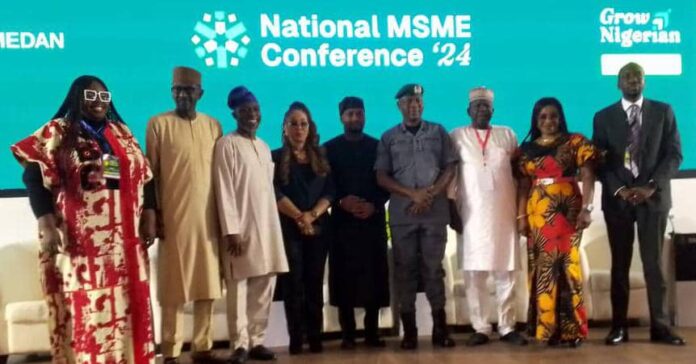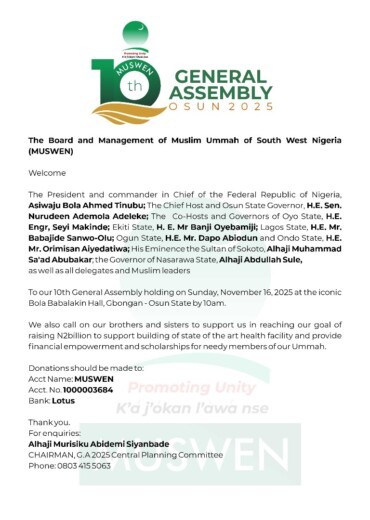The Small and Medium Enterprises Development Agency of Nigeria (SMEDAN) has launched the iSME Digital Academy to train and empower Nigerian Micro, Small, and Medium Enterprises (MSMEs) with fresh courses on business enterprise development.
This initiative aims to expose MSMEs to available opportunities to access funding for upgrading their businesses, according to SMEDAN’s Director General, Charles Odii.
At the recent MSME National Conference in Abuja, Odii stated, “We have launched SME digital academy where SMEs take fresh courses on how to transform their businesses and take advantage of these phenomenon courses to market their products to the global market.”
He emphasized that the academy will teach MSMEs how to start businesses with zero capital, raise funding, identify and write business plans, reach target markets, and recruit the right personnel.
Beyond skill empowerment, SMEDAN has begun disbursing the N200 billion Presidential intervention fund for Nigeria’s enterprise ecosystem. Nano businesses will receive N50 billion, MSMEs will receive another N50 billion, and N100 billion will be disbursed as soft loans at zero interest rates.
Odii highlighted SMEDAN’s future projections, including training 10,000 women and 1 million small businesses across the country to unlock finances for their businesses. The agency also plans to build infrastructure for small businesses and remove obstacles hindering MSME growth in Nigeria.
Other notable speakers at the conference included Bitrus Lawrence Garki, Mandate Secretary to the FCT Area Councils Secretariat, who emphasized the importance of dialogue and collaboration among states to address MSME challenges. Olajimeji Abiodun, Chairman of Obalende LGA, Lagos, stressed that small businesses are crucial to Nigeria’s prosperity.
In Anambra State, the government has established skill acquisition centers, provided soft loans, and access to credit for MSMEs, according to Mr. Udechukwu Christian, the state commissioner for industry. The state has also invested in free primary and secondary education and health sectors, believing that “a wealthy state is a healthy state”.



